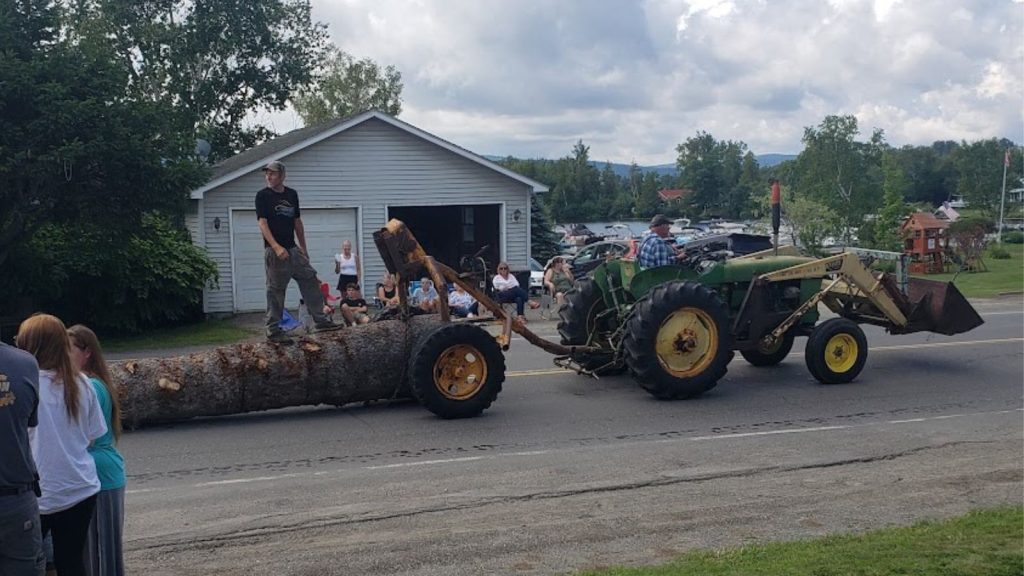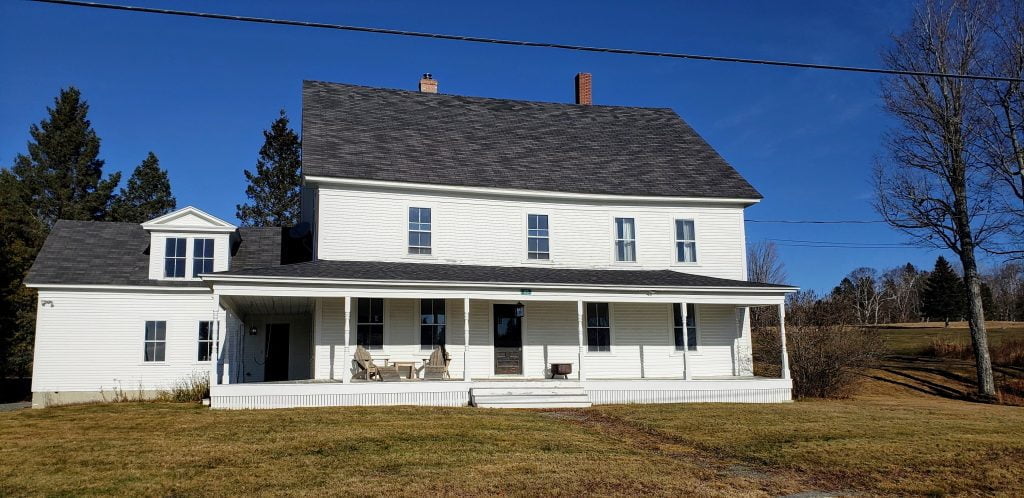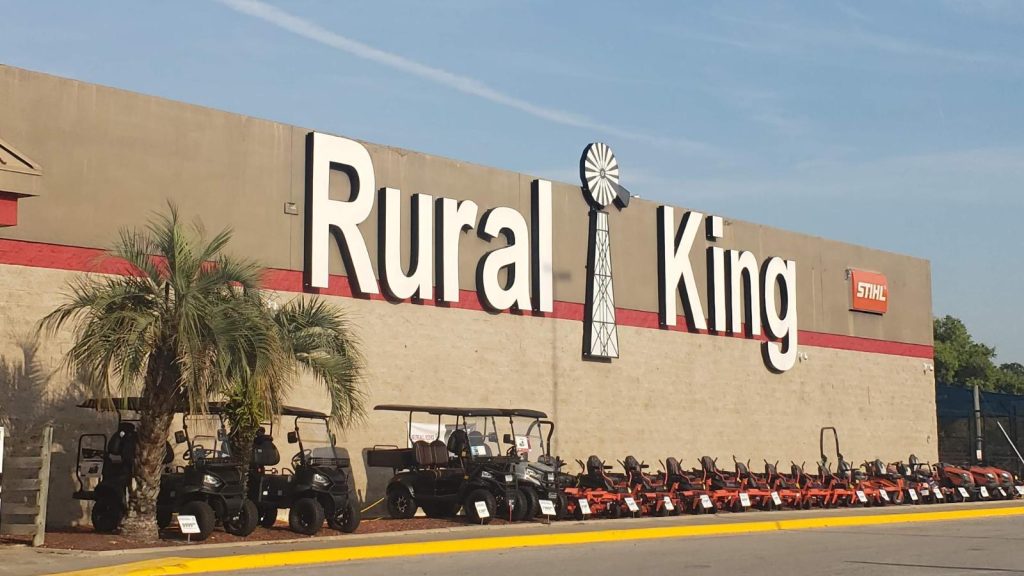If you’re considering moving to a rural spot around the country, you’re probably wondering about the cost of living. Is it cheaper to live in a rural area? The answer is, it depends. Several factors can affect the cost of living in rural America.
With inflation over the past several years, prices for many goods have risen even in rural areas.
Other factors include the availability of jobs, housing costs, and grocery costs in a rural area. Let’s take a closer look at each of these factors.
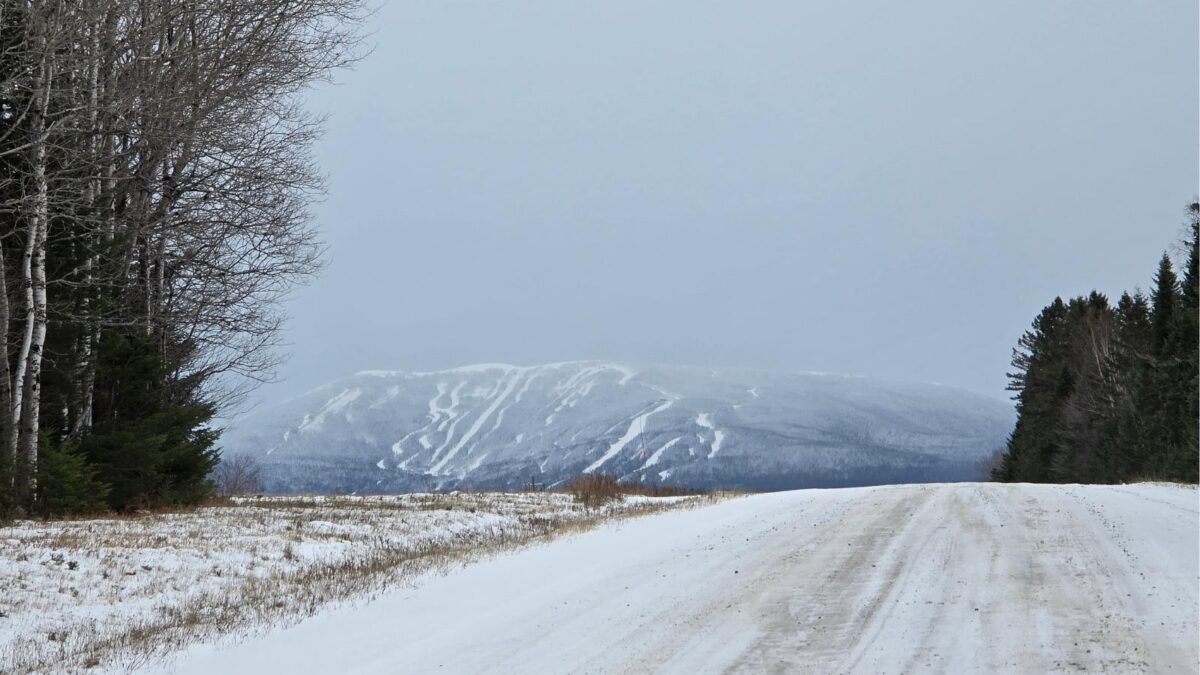
The Availability of Jobs
One of the most significant factors affecting the cost of living in rural areas is the availability of jobs. In general, there are fewer job opportunities in rural areas than in urban areas. However, many people also start their businesses in the area.
This means you may have to commute farther to work or accept a pay cut to find a job closer to home. Driving further does not make it cheaper to live in an isolated area.
However, this isn’t always the case. The availability of jobs also depends on the industry you’re in. For example, if you work in agriculture or forestry, you’re more likely to find work in a rural area than if you work in retail or hospitality.
Again, in our area in Northern New England, restaurants have help-wanted signs up all the time—the same at the grocery store, which recently added self-serve check-outs. I can tell you not many people were happy about it either.
However, if you can work from home, it may not be an issue for you if you have access to good internet service or a more expensive satellite service.
The Cost of Housing In Rural Areas
Another factor that can affect the cost of living in rural areas is housing costs. In general, housing costs are lower in rural areas than they are in urban areas. This is because the land is cheaper and there is less demand for housing in rural areas.
However, this isn’t always the case. The cost of housing also depends on the availability of housing and land.
For example, if there are few houses available for sale or rent in a rural area, prices will be higher than if houses are abundant on the market.
Where we live, the price of houses and rent has skyrocketed due to a housing and rental shortage. However, this past year, in 2025, housing prices have come down. That makes it not cheaper to live in a rural town today.
Property Taxes Going Up
Two years ago, we received our new property tax bill. Our taxes went up 40%! That was a shock.
When we first moved 5+ years ago, it was cheaper to live in our rural area than our old suburban neighborhood.
Many people who moved in from other states drove up the area’s prices. Not only that, but they voted to pass everything that was on the agenda at the polls. So naturally it all cost more money, and the property taxes were increased.
I met with the tax assessor and learned that the cost of diesel fuel increased the town budget, as did snow removal, school buses, etc. We don’t see the property taxes going down either, and they’re likely to go up further with reevaluations hitting in 2026.
The Cost Of Groceries Makes It Not Cheaper To Live In A Rural Area
A significant factor affecting the cost of living in rural towns is grocery costs. In general, groceries are more expensive in rural areas than in urban areas because there is less competition among grocery stores.
This means grocery stores can charge more for their products without fear of losing customers to other stores. Another factor is how far delivery trucks have to go to service the grocery stores. We live near the Canadian border, so that is a long ride.
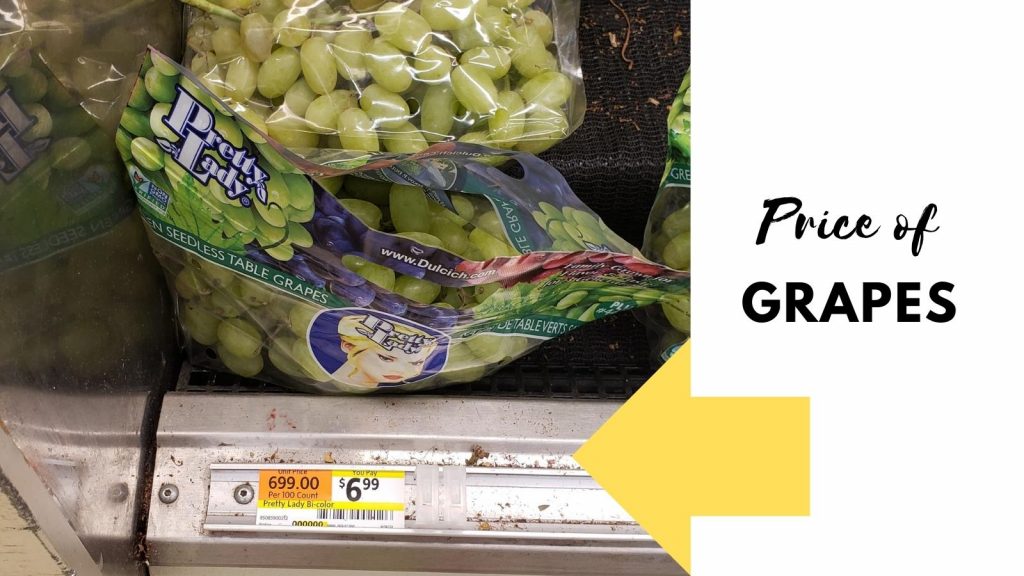
However, this isn’t always the case. The cost of groceries also depends on the distance to the nearest grocery store. For example, if there is only one grocery store within driving distance, prices will be higher than if there are multiple stores within driving distance.
Of course, if you don’t have any local markets around you, you will probably pay more, but there are ways to save money on groceries by stocking up on sale items and storing food to last longer. We have a senior discount on Tuesdays at our local IGA.
Thank goodness some food prices have started to come down, such as eggs and butter. Hopefully, more will follow as gas prices have come down this year.
Fewer Amenities At A Higher Price
Fewer amenities and services are another cost to factor in. Another downside of living in isolated areas is that amenities and services are fewer than in urban areas.
This includes things like grocery stores, banks, gas stations, beauty salons, etc.
The cost of driving to these services and amenities can add up quickly in gasoline. Not only that, but the time it will take you if you work is also a consideration. You never know what may cross your path on a rural road you are driving.
So, if you’re used to having everything at your fingertips, living in a rural area might not be for you. You may find that it is no longer cheaper to live in a rural area.
Fewer Places To Shop Will Save You Money
Sometimes, I think it is cheaper to live in rural areas than in urban ones, because you cannot stop for fast food or coffee anywhere nearby. You have to drive about an hour to reach any McDonald’s or Donut Donuts.
Back where we used to live, you could stop at them at almost every corner, so the temptation was high to spend more money.
Utilities Often Cost More
Utilities cost more in rural towns because there are fewer customers to share the expenses. Infrastructure, such as power lines and water pipes, has to span larger distances. This increases maintenance and delivery costs, making it not cheaper to live in a rural area.
Also, rural areas often have older systems that need more frequent repairs. With fewer people on the grid, the cost per person goes up.
We just got our electric bill, and that went up another $100/month. My husband looked it over, and we didn’t use more power than the previous month. Part of the cost was payment for community solar power!
Lastly, rural towns can lack competition, allowing providers to charge more. All these factors combine to make utilities more expensive in rural areas.
Conclusion – Is It Cheaper To Live In A Rural Area?
So, is it cheaper to live in a rural area? The answer is, it depends on your situation. Several factors affect the cost of living in rural areas, including job availability, housing costs, and grocery prices.
If you’re considering a move to a rural area, weigh these factors carefully to see if it’s right for you. Do some shopping in the rural area first and ask around.
Check out the local tax rates as well.
I’d love to hear your thoughts on the affordability of living in your rural area today. Some rural areas may be cheaper to live in.
I’d love to hear about them. Please drop a comment so we can discuss it below.
FAQs: Is It Cheaper To Live In A Rural Area Today?
1. Are utilities more expensive in rural areas?
Yes, utilities can cost more. Rural areas often lack access to natural gas lines, causing residents to rely on propane or electric heating, which can be pricier.
2. How do transportation costs compare?
Living in a rural area usually means more driving. Longer commutes to work, school, and shopping can increase fuel and vehicle maintenance costs. That makes it not cheaper to live in a rural area than some may think.
3. Is healthcare more affordable in rural areas?
Healthcare might be more expensive. Rural areas often have fewer medical facilities and specialists, leading to higher out-of-pocket costs and longer travel times for care.
4. Do rural homes have lower property taxes?
Not necessarily. While home prices might be lower, property taxes can be higher in rural areas to fund local services, offsetting any savings from lower purchase prices.
5. Are groceries and everyday items cheaper?
No, groceries and everyday items can cost more. Fewer stores mean less competition, leading to higher prices. Plus, you might need to travel farther to find the best deals. It is not always cheaper to live in a rural area when you factor that in.
6. Can You Earn More Money?
If you don’t own your own business, you probably won’t make more money living in a rural town. They tend to pay less, and with fewer people, so you may even work longer hours.

